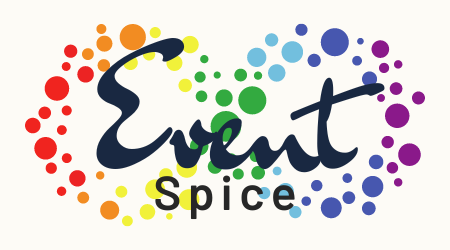Navigating the intricacies of the event industry as a neurodivergent professional can present unique challenges. However, with the right support and guidance, individuals can unlock their full potential and thrive in their careers.
Mentoring and coaching are two powerful tools that can provide invaluable assistance to neurodivergent event professionals, but understanding the differences between the two is crucial. Let’s explore how mentoring and coaching can benefit neurodivergent event professionals and distinguish between the two approaches:
The Role of Mentoring:
Mentoring involves a supportive and nurturing relationship between an experienced individual (the mentor) and a less experienced individual (the mentee). In the context of neurodivergent event professionals, mentoring can offer personalised guidance, encouragement, and practical advice tailored to the unique challenges they may face.
1. Personalised Guidance:
A mentor can offer personalised guidance based on their own experiences navigating the event industry as a neurodivergent individual. They can provide insights into overcoming obstacles, developing coping strategies, and leveraging strengths to achieve success.
2. Encouragement and Support:
Mentoring provides a safe and supportive space for neurodivergent event professionals to discuss their concerns, aspirations, and goals. Mentors can offer encouragement, validation, and emotional support, helping mentees build confidence and resilience in their professional journey.
3. Networking and Career Development:
Mentors can facilitate networking opportunities, introduce mentees to industry contacts, and provide guidance on career development strategies. They can offer valuable insights into navigating workplace dynamics, advocating for accommodations, and seizing opportunities for growth and advancement.
Understanding Coaching:
Coaching, on the other hand, is a structured process focused on helping individuals clarify goals, identify obstacles, and develop action plans to achieve success. While mentoring tends to be more relationship-driven, coaching is often task-oriented and goal-focused.
1. Goal Clarity and Accountability:
Coaches work with neurodivergent event professionals to clarify their goals, identify areas for improvement, and develop action plans to achieve success. They provide accountability, support, and feedback throughout the process, helping individuals stay on track and overcome obstacles.
2. Skill Development:
Coaching can focus on developing specific skills or competencies relevant to the event industry, such as communication, time management, organisational skills, or stress management techniques. Coaches provide targeted guidance and exercises to help individuals enhance their abilities and reach their full potential.
3. Objective Perspective:
Coaches offer an objective perspective on the challenges and opportunities facing neurodivergent event professionals. They provide feedback, challenge limiting beliefs, and offer alternative perspectives, empowering individuals to explore new possibilities and approaches to problem-solving.
In summary, both mentoring and coaching play valuable roles in supporting neurodivergent event professionals on their career journeys. Mentoring provides personalised guidance, encouragement, and support, while coaching offers structured goal setting, skill development, and accountability.
By leveraging the strengths of both approaches, neurodivergent event professionals can unlock their full potential and thrive in the dynamic and exciting world of event management.

